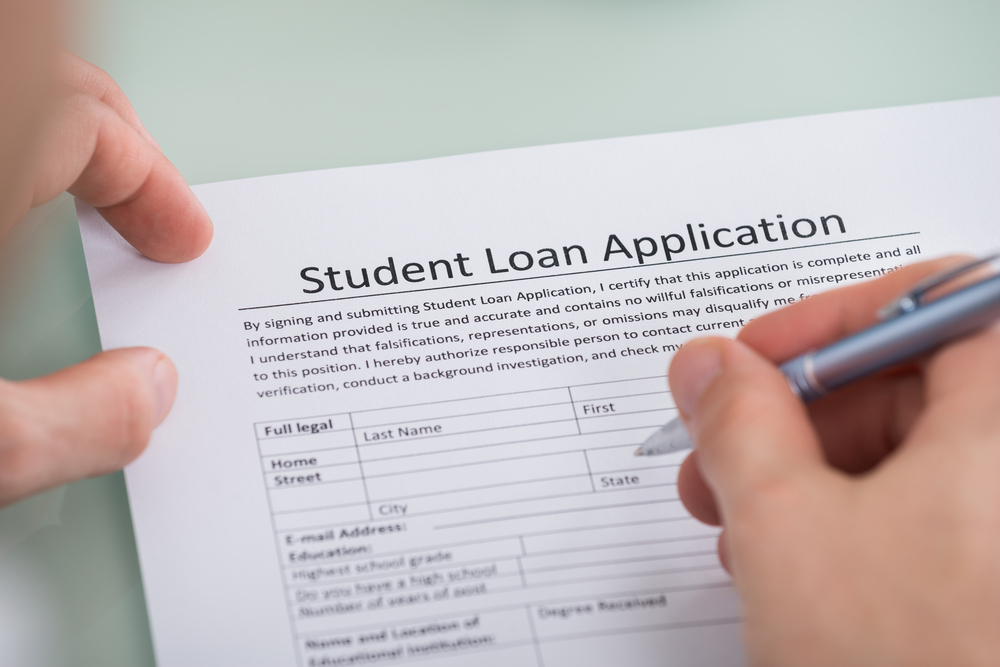
That’s why it’s important to understand what types of loans you are carrying since each loan has its own originator, and different terms and conditions. Generally, there are two types of student loans, federal and private.
Federal Student Loans
Federal student loans are paid for by the U.S. government, and there are four different loan types offered:
Direct Subsidized Loan
- Eligibility: For undergraduate students who have financial need
- Interest rate: 3.76%
- Terms: You’re not usually charged interest on the loan during certain periods
- Maximum Loan: $5,500 (Depending on grade level and dependency status
Direct Unsubsidized Loan
- Eligibility: For undergraduate, graduate, and professional degree students; financial need is not required
- Interest Rate: 3.76% interest rate for loans made to undergraduate students, and 5.31% interest rate for loans made to graduate and professional degree students
- Terms: You’re responsible for interest during all periods.
- Maximum: $20,500 (less any subsidized amounts received for same period)
Direct PLUS Loan
- Eligibility: For parents of dependent undergraduate students who are borrowing money to pay for their child’s education, and for graduate or professional degree students; financial need is not required.
- Interest Rate: 6.31%
- Terms: Borrower must not have negative credit history.
- Maximum: Cost of attendance minus any other financial aid student receives.
Federal Perkins Loan
- Eligibility: For undergraduate, graduate, and professional degree students; depends on your financial need and availability of funds at your school.
- Interest Rate: 5%
- Terms: Your school is the lender; payment is owed to the school that made the loan
- Maximum: Undergraduate students: $5,500; graduate and professional degree students: $8,000. Total lifetime limit may not exceed $27,500 for undergraduates and $60,000 for graduate students (including amounts borrowed as an undergraduate).
There are some key advantages to Federal student loans as opposed to private loans.
- The interest rate is fixed and is often lower than private loans.
- You will not have to start repaying your federal student loans until you graduate, leave school, or change your enrollment status to less than half-time.
- Undergraduate students with financial need will likely qualify for a subsidized loan where the government pays the interest while you are in school on at least a half-time basis.
- Loans can be consolidated into a Direct Consolidation Loan.
- If you are having trouble repaying your loan, you may be able to temporarily postpone or lower your payments.
- There are several repayment plans, including an option to tie your monthly payment to your income.
- You may be eligible to have some portion of your loans forgiven if you work in public service.
Private Student Loans
Private loans (as the name suggests) are provided by a private lender such as a bank or a credit union. While student loans carry many benefits, they aren’t always enough to cover the cost of college. This is where private loans come into play.
Unlike most federal student loans, which are limited in size, private student loans may be used to cover the total cost of attendance. In addition, application processing and disbursement tend to be much shorter for private student loans. This is especially helpful for those who need their money in a short period of time.
However, after graduation, private loans can be subject to a variable rate, so the rate can increase or decrease over the life of the loan rather than remaining constant.
Also, repayment plans for private loans are less flexible than those offered through the federal Direct Loan program and deferment may not be available if you’re having difficulty making your payments.
However, private student loans (like mortgages and other forms of secured debt) can be refinanced if you have good credit.
Looking for more help understanding and managing your student loans? Schedule an appointment with one of our student loan counselors today or call us at 800-920-2262.
Note: Some information from https://studentaid.ed.gov






